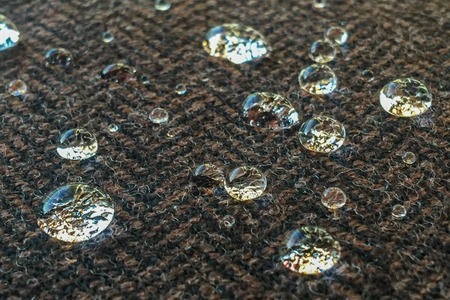
Bt cotton seed companies in the state to submit seed samples
YarnsandFibers News Bureau 2018-03-22 13:31:00 – MumbaiBT Cotton Seed companies in the state who wish to sell in the market need to submit seed samples to government- approved laboratories for getting them tested in order to obtain sale licenses which has been made compulsory in Maharashtra. Whether a newly bred variety differs from existing varieties within the same species, whether the characteristics used to establish distinctness are expressed uniformly and that these characteristics do not change over subsequent generations is determined by the the way of DUS testing. DNA markers are used for assessing the genetic purity.
“Seed companies should submit the samples which they wish to bring to the market for testing and obtain acknowledgments from the laboratory since this is a time consuming procedure. Once the acknowledgement is shown to the department, the seed companies are eligible to receive a license to sell these varieties in the market,†as said by Gholap who also pointed out that there are three agriculture universities in the state that conducts such tests in addition to the Central Institute for Cotton Research (CICR), Nagpur and National Chemical Laboratory (NCL),Pune.According to MS Gholap, director of agriculture, inspection and quality control ( I&QC) said that the seed companies will need to get the DNA and DUS tests done and submit the acknowledgement from the laboratories to the agriculture department for obtaining licenses to prevent the sale of illegal varieties in the market. The government intends to keep a strict check on seed companies with this step following several pesticide poisoning related deaths in Yavatmal district since July last year and the pink bollworm attack on the crop.
The state government had then decided to recommend an investigation by the Central Bureau of Investigation (CBI) into the illegal sale of herbicide-tolerant (HT) Bt cotton seeds in the state, linking them to the deaths in Yavatmal as last season, there were instances of some 30-35 lakh packs of illegal varieties of Bt cotton being sold in the market.
100 varieties of Bt cotton seeds worth around Rs 1,000 crore are sold by 30 seed companies in the state. The SIT, a resolution for which was passed on 7 February by the state government, has been asked to identify the causes that led to rampant sale of seeds with the HT transgenic gene along with approved Bt cotton seeds and recommend measures to prevent similar violations in future.
Companies that have sold unapproved Bt cotton seeds with a Herbicide Tolerant (HT) transgenic gene will be probed by a special investigation team (SIT) formed by the state government.
Market Intelligence
Ask for free sample Report

experience
Customer Base
dedicated team
Countries Served Worldwide









